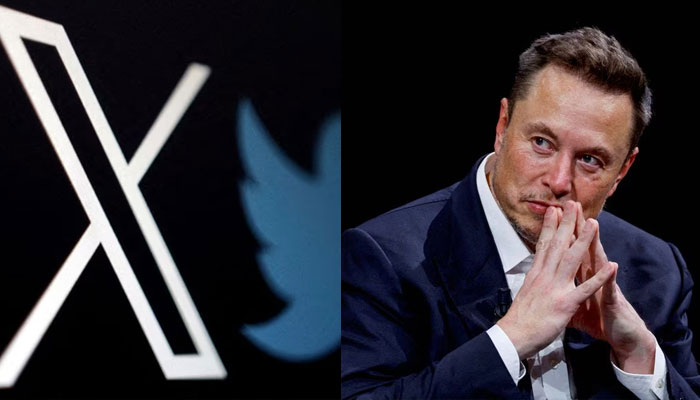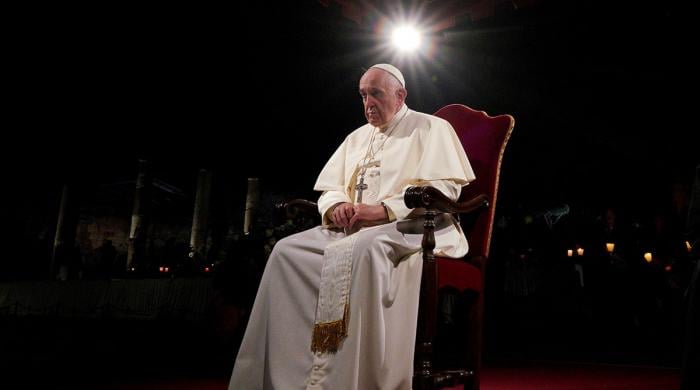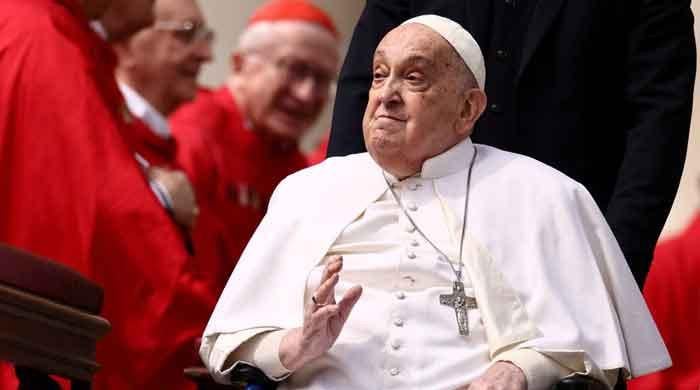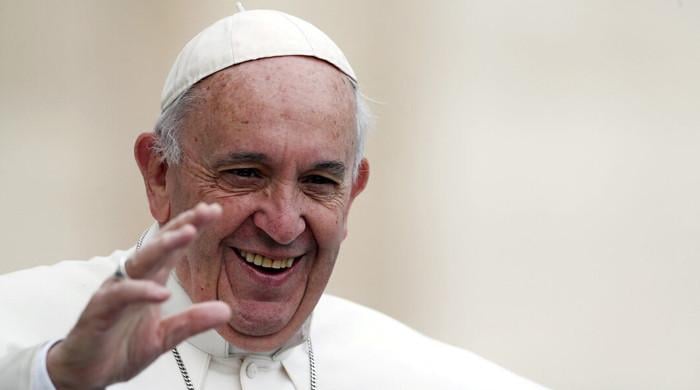Elon Musk's X locks horns with EU over Israel-Hamas war disinformation claims
X has responded to more than 80 takedown requests from the EU within the required timeline
October 11, 2023

Elon Musk's social media platform X has mounted a defence against allegations from the European Union (EU) that it is failing to address disinformation related to the ongoing violence in Israel and Gaza.
In a letter dated Wednesday, the company's CEO, Linda Yaccarino, outlined the platform's efforts to combat disinformation.
This controversy arose after EU Internal Market Commissioner Thierry Breton accused X of allowing "violent and terrorist content" to circulate, which led to a public exchange between Breton and Musk on social media.
Musk, the CEO of Tesla and SpaceX, purchased the platform, formerly known as Twitter, for $44 billion last year and subsequently reduced its staff, including content moderators, in a cost-saving move that generated widespread concern.
Breton, known as the EU's "digital enforcer," called on Musk and Mark Zuckerberg, whose Meta group encompasses Facebook and Instagram, to provide details on how they were handling "illegal content and disinformation."
He emphasised the need for compliance with the Digital Service Act (DSA), which grants the EU authority to impose fines of up to six per cent of a platform's global revenue if it fails to address illegal content.
Yaccarino's letter, shared on her X account, detailed the steps the platform has taken. It mentioned the removal of hundreds of accounts associated with the Gaza militant organisation Hamas since the outbreak of violence on Saturday. X has also removed posts featuring "violent speech, manipulated media, and graphic content."
Yaccarino praised the "community notes" system, which allows users to correct or provide context for each other's messages. More than 700 notes were added to posts in the first four days of the conflict and viewed tens of millions of times.
However, Musk's leadership during the renewed Israel-Gaza violence has faced criticism not only from the EU but also from users. Musk had to delete his own post recommending two X accounts as reliable sources for Israel after users pointed out their history of spreading misinformation.
AFP fact-checkers found several posts on X, Facebook, and TikTok promoting a fake White House document allocating $8 billion in military aid to Israel.
X was recently rated as the worst major platform for illegal online content by the EU, and Musk withdrew from a voluntary EU code of practice for combating disinformation.
On October 12, Reuters reported that X has removed hundreds of Hamas-affiliated accounts and has taken action to remove or label tens of thousands of pieces of content following the Hamas attack.
This response came after Thierry Breton issued a 24-hour ultimatum to Elon Musk to address the spread of disinformation on X, in line with new EU online content regulations. The Digital Services Act (DSA) requires major online platforms to remove illegal content and take measures to address risks to public security and civic discourse.
Yaccarino mentioned that X has reallocated resources and refocused internal teams to address the evolving situation, without providing specific details of the changes made. She noted that a leadership group was assembled by the Musk-owned company to assess the situation shortly after the attack.
The letter expressed a willingness to engage further with Breton and his team to address specific questions and requested further information to which X could respond.
X has responded to more than 80 takedown requests from the EU within the required timeline and has not received any notices from Europol regarding illegal content on the platform, as stated in the letter.
On Wednesday, Thierry Breton also issued a similar warning to Meta, giving the company 24 hours to report the measures taken to combat disinformation on its platforms in light of the Israel attack.











